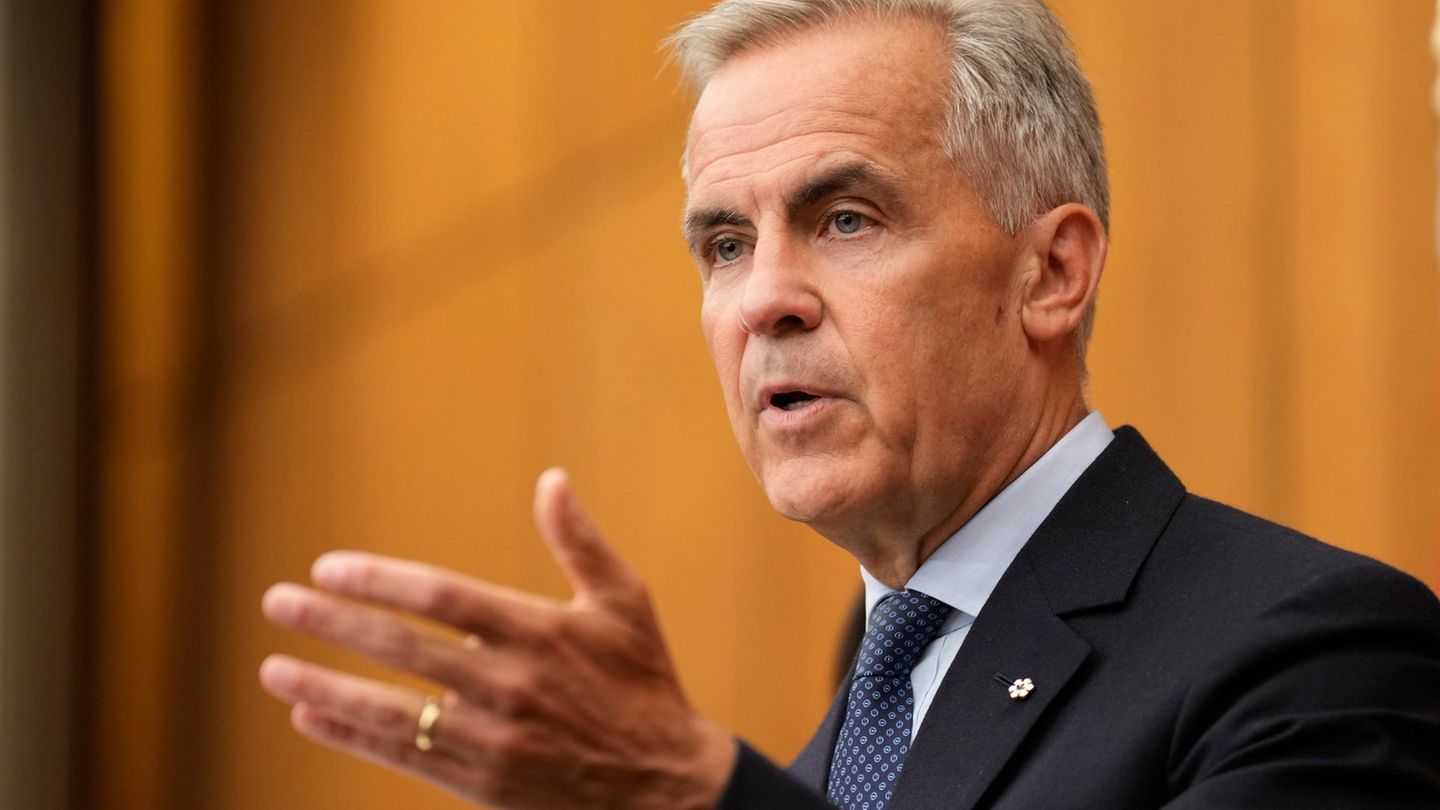A dispute breaks out within the traffic lights in the Bundestag over the major pension reform. It’s about billions. The Labor Minister warns: Without reform, retirees would become poorer.
With its plans to stabilize pensions in Germany in the long term, the traffic light has its next major conflict ahead of it. Labor Minister Hubertus Heil (SPD) warned at the first discussion in the Bundestag of the pension reform, which has been prepared for months, that if it fails, pensioners would become poorer. The FDP parliamentary group insisted on significant improvements to the plans presented jointly by Heil and Finance Minister Christian Lindner (FDP). According to the Union, pension package II cannot be sufficiently corrected: it therefore called on the FDP to leave the coalition.
Minister Heil defended the plans. It is the responsibility of the federal government to give people security. “And this applies above all to security in old age.” The basis for old-age security remains the statutory pension. For many – especially in East Germany – it is the only security. Green pension expert Markus Kurth said people should have long-term stability and security.
FDP demands corrections
The parliamentary managing director of the FDP parliamentary group, Johannes Vogel, did not join in with the traffic light harmony. “This law is not ready yet,” he said. Stabilizing pensions cannot mean: “We simply continue to increase the contributions for the working middle class and for the young.” But Vogel was certain that compromises and a “better solution” were possible. Union parliamentary group vice-president Mathias Middelberg (CDU) classified it as completely unrealistic to achieve what Vogel wanted. The FDP must terminate the coalition.
The planned law is intended to protect the more than 21 million pensioners in Germany from a decline in their salaries. “We will prevent this by ensuring that the pension level remains stable for all generations,” Heil told the German Press Agency. A falling pension level would mean that pensions no longer keep pace with rising wages in Germany. This ratio of pensions to wages should, as before, but no longer be allowed to fall below 48 percent by 2040. The then incumbent government should make new proposals as early as 2035.#
Why reform should come
Heil had originally announced the reform for 2022. According to Heil, there is acute pressure to act because the baby boomer generation with high birth rates is now retiring. “We have to decide,” said the minister. It is a directional decision.
Most recently, pensions in Germany rose by 4.57 percent on July 1st – noticeably above the inflation rate for the first time in years. In the previous two years there were also pension increases, some of which were well over four percent – before that, salaries had stagnated due to the Corona crisis. Heil explained that without the pension level stabilizing, the purchasing power of pensioners would decline from 2027.
Foretaste of the next pension dispute
SPD leader Lars Klingbeil warned the FDP against a blockade. “What we agreed on must come,” Klingbeil told dpa. “I can’t fully understand why the FDP parliamentary group is now rebelling against its own party leader.”
In the plenary session, Heil gave a foretaste of the expected heated pension debates in the upcoming federal election campaign. The regular retirement age, which has risen to 67, should under no circumstances be affected, he reiterated. Heil accused the Union and its candidate for chancellor Friedrich Merz of relying on a further increase in the retirement age or accepting declining pensions.
How contributions increase
The contribution rate is now 18.6 percent of income. According to the forecast, without reform it would rise to 20.2 percent by 2030 and 21.3 percent by 2040. According to the law, the planned safeguarding of the pension level alone would allow the contribution rate to rise to 22.6 percent by 2040. But Heil promises: “We will ensure that contributions do not rise too sharply in the second half of the 1930s.”
This is where the part of the law enforced by the FDP comes into play: generational capital. In an interview, Lindner spoke of a “breaking point in German pension policy: we will now also invest in securities in the area of statutory pension insurance.” The government wants to take on debt for this, but it will not be counted towards the debt brake. Initially, 12 billion euros, and a little more in subsequent years, should flow into the capital stock. The facility is expected to grow to at least 200 billion euros by the mid-2030s. From 2036 onwards, an average of ten billion euros will be distributed to the pension fund annually. With the interest from the capital stock, the contribution rate should be reduced to 22.3 percent by 2040. One contribution rate point now brings the pension fund around 18 billion euros a year.
Is the money enough?
But is there enough money to cover the increasing burden on the pension fund? Pension spending is expected to climb from 372 to 755 billion euros (without reform) or 802 billion euros (with reform) by 2045. At 2.8 percent, the share of federal funds for pensions in gross domestic product was recently the lowest it has been since 1998, despite significant increases in the amount. At that time, the federal government only spent 2.6 percent of the gross domestic product on pensions; in 2003 the share was the largest at 3.5 percent.
The forecasts are currently uncertain. Economists fear an economic downward spiral. Heil said: “Especially because we live in stormy times, in times of great change, it is important to give society security. And that also applies to the statutory pension.”
Example from Saxony
Heil gives the example of a woman from Saxony, now 49 years old. If she retires in the 40s, the different effect of stabilizing the level or dropping the plans would make a difference of 1,100 euros a month more or less in the Saxon woman’s account, he calculates. The key condition for the future stability of pensions is a continued high level of employment.
Employer: plans to go to the museum
Employer President Rainer Dulger warned of “by far the most expensive social law of the 21st century” – it does not belong in the Bundestag, but in a museum for botched reforms. Anja Piel from the board of the German Federation of Trade Unions called for the plans to be implemented and accused the FDP of refusing to work. The president of the social association VdK, Verena Bentele, said: “A quick, joint and smooth adoption of the pension package is the order of the day.”
Source: Stern
I have been working in the news industry for over 6 years, first as a reporter and now as an editor. I have covered politics extensively, and my work has appeared in major newspapers and online news outlets around the world. In addition to my writing, I also contribute regularly to 24 Hours World.




